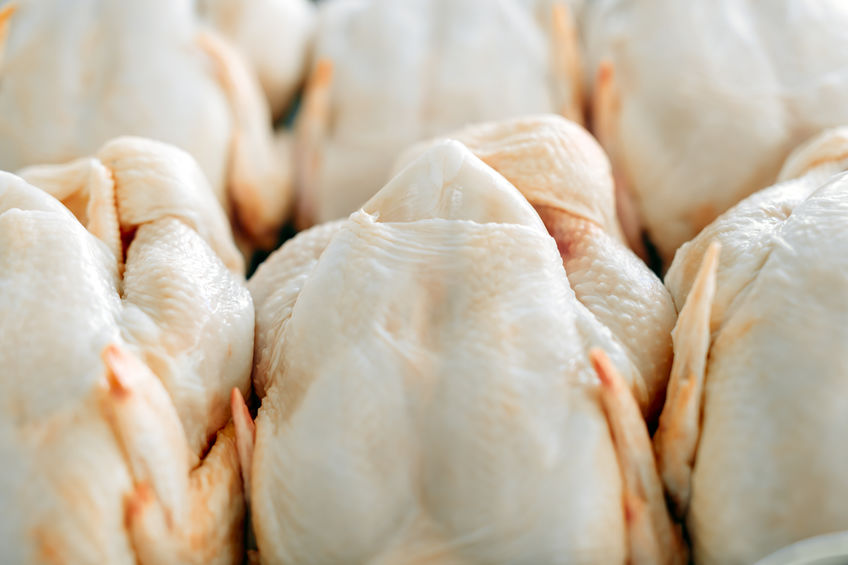
Farmers have reiterated the need to protect British food and farming standards as trade talks between the UK and US are set to get underway.
The first round of delayed video-conference negotiations will involve 200 officials today (5 May), and is expected to last two weeks with future talks every six weeks.
International Trade Secretary Liz Truss has pledged to drive a 'hard bargain' and said any deal with the US was 'essential' to ease the Covid-19 financial impact.
"Increasing transatlantic trade can help our economies bounce back from the economic challenge posed by coronavirus," she said.
"As we sit down at the negotiating table, be assured that we will drive a hard bargain to secure a deal that benefits individuals and businesses in every region and nation of the UK."
But farming groups have again reiterated the need for the British government to maintain food and farming standards in a UK-US trade deal.
The Country Land and Business Association (CLA) said that while the American market could boost British food exports, the US 'must conform' to the UK's standards.
“Our farmers grow some of the best produce in the world. Businesses are well placed to capitalise on growing demand and new markets abroad," CLA president Mark Bridgeman said.
“However, if the US wants greater access to the UK market for its own produce, they must conform to our high standards.
"Allowing food produced to low animal welfare and environmental standards to undercut UK farmers is unacceptable."
The government has repeatedly issued warm words in this regard, but industry groups have urged officials to go further and legislate to protect farmers.
"Maintaining food standards needs to be part of the Agriculture Bill," Mr Bridgeman said.
Speaking at the NFU Conference in February, NFU President Minette Batters said any drop in UK food and farming standards would be "insane".
She said legislation must be in place to safeguard British farming from imports that have been produced using methods that would be illegal in the UK.
“There is no doubt that UK negotiators will come under pressure to find ways of allowing the US greater access to the UK market for food that does not meet our own standards," Mrs Batters said.
“If we are to ensure any country negotiating a trade deal with the UK is left in no doubt as to our government’s position on food production standards, it needs to be enshrined in law that all food imports will be held to the same standards.
“Farmers need to know that their businesses won’t be undercut by food imports that they would be unable to produce here legally."
